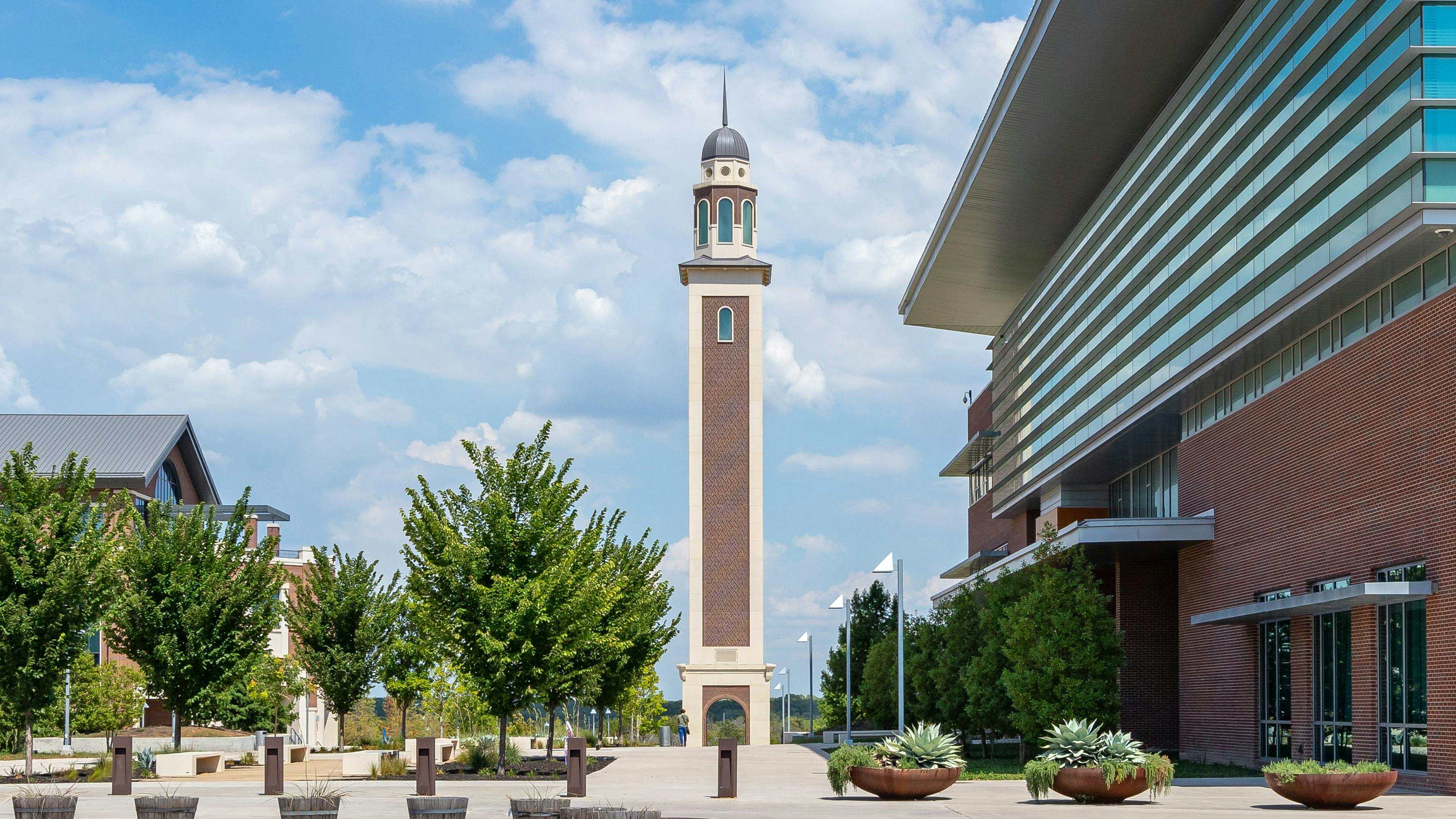
Loan Options for Construction Stakeholders Once PPP Funding Runs Out
Over the last year, the Paycheck Protection Program (PPP) helped many owners, including general contractors, subcontractors and independent contractors, keep their businesses operating during the pandemic. However, PPP funding is only a temporary solution to the struggles many small businesses are facing. Fortunately, there are other SBA programs available to assist owners in the construction industry and their clients. SBA loans can be used by construction industry participants but can also be used by businesses who are financing construction and capital expenditures including medical practices, professional business, manufacturers, and hotel and health care facility owners.
7(a) loans
The 7(a) loan is the SBA’s most common loan as it can be used for short- and long-term working capital, refinancing current business debt, purchasing real estate, and purchasing furniture, fixtures and supplies. A business’ eligibility for a 7(a) loan depends on business location, services or products provided to receive income, and its credit history. If a business operates for profit, is considered a small business that’s located in the United States, has invested equity and can demonstrate the need for a loan for sound business practices, then the business is eligible.
It is important to note that the maximum loan amount for a 7(a) loan is $5 million but the interest rate is adjustable and tied to the prime rate. Collateral is required for this loan, up to 90%, and these loans are amortized over 25 years.
504 loans
A 504 loan is another great option for independent contractors or self-employed workers. One major benefit to the 504 loan is the fees are much lower compared to a 7(a) loan. This commercial real estate program offers long-term, fixed rate financing of up to $15 million ($5 million in SBA loan dollars plus $10 million bank loan) for major fixed assets that promote business growth and job creation and is specifically designed for funds to be used to buy a building, finance ground-up construction or building improvements, or purchase heavy machinery and equipment.
Eligible borrowers include businesses that operate as a for-profit company in the United States, have a tangible net worth of less than $15 million, and have an average net income of less than $5 million after federal income taxes for the two years preceding your application. Businesses must also fall within the SBA-size guidelines and have a feasible business plan.
The program was designed for owner-occupied properties that require only a 10% down payment by the small business owner with funding ranging from $125,000 to $20 million. A 504 loan’s interest rate is fixed, no outside collateral is required and it’s amortized over 20 or 25 years.
Choosing the right loan
It is important for business owners to connect with a trusted advisor and ask any questions to ensure they make the right choice when applying for loans. The SBA provides a variety of resources and financial assistance for businesses to refer to when choosing a loan that’s best for them. Whether it’s their bank or an SBA-approved non-bank lender like Liberty SBF, owners have many experts to rely on.
Related stories








